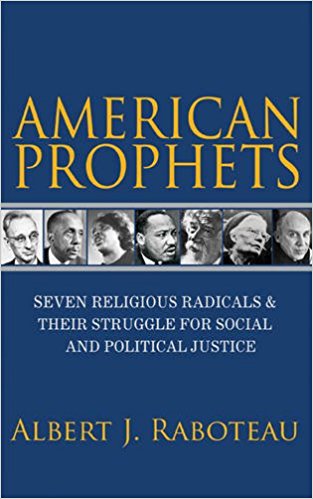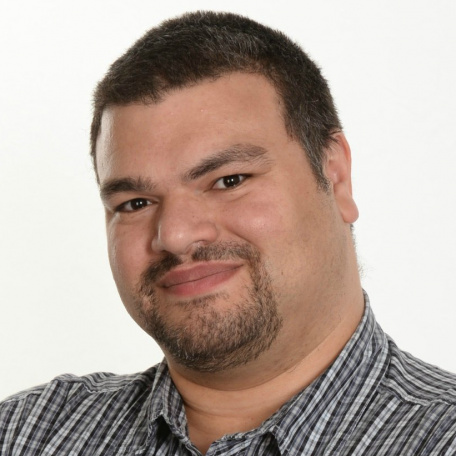

Among his many other publications were the co-edited volumes African-American Religion: Interpretive Essays in History and Culture (1997) and Immigration and Religion in America: Comparative and Historical Perspectives (2009).Īt the time of our 2007 meeting, he was working on his final book, American Prophets: Seven Religious Radicals and Their Struggle for Social and Political Justice (2016). The bulk of his academic work was written before I began my career, so it was as a student that I was introduced to his groundbreaking book Slave Religion: The “Invisible Institution” in the Antebellum South (1978), to A Fire in the Bones: Reflections on African-American Religious History (1995) and Canaan Land: A Religious History of African Americans (1999), and to his personal memoir A Sorrowful Joy (2002). Putnam Professor of Religion at Princeton University. Like most people, I knew Raboteau as a consummate scholar and critical thinker, the Henry W. Read our latest issue or browse back issues. But undergraduates come and go swiftly, most of them an indistinguishable mass of names and faces.Īt the coffee shop, the first thing he said to me was, “Call me Al.” But that was one thing I could never do-not even when I received news of his death last month, and not even as I remember with these few words the impact he had on generations of students. You get to know your doctoral students, those you are guiding into the profession, those you plan to welcome as colleagues after a long apprenticeship. Raboteau agreed to meet, although I was sure he did not remember me, given the number of undergraduate students most college professors teach over a lifetime. Could we please meet for coffee? With his trademark kindness, Dr. As I explained in the email I sent a week earlier, I had recently moved back to Princeton to take a faculty position, and I was a former undergraduate student of his.

Albert Raboteau’s meeting with me in 2007 was out of professional obligation.


 0 kommentar(er)
0 kommentar(er)
